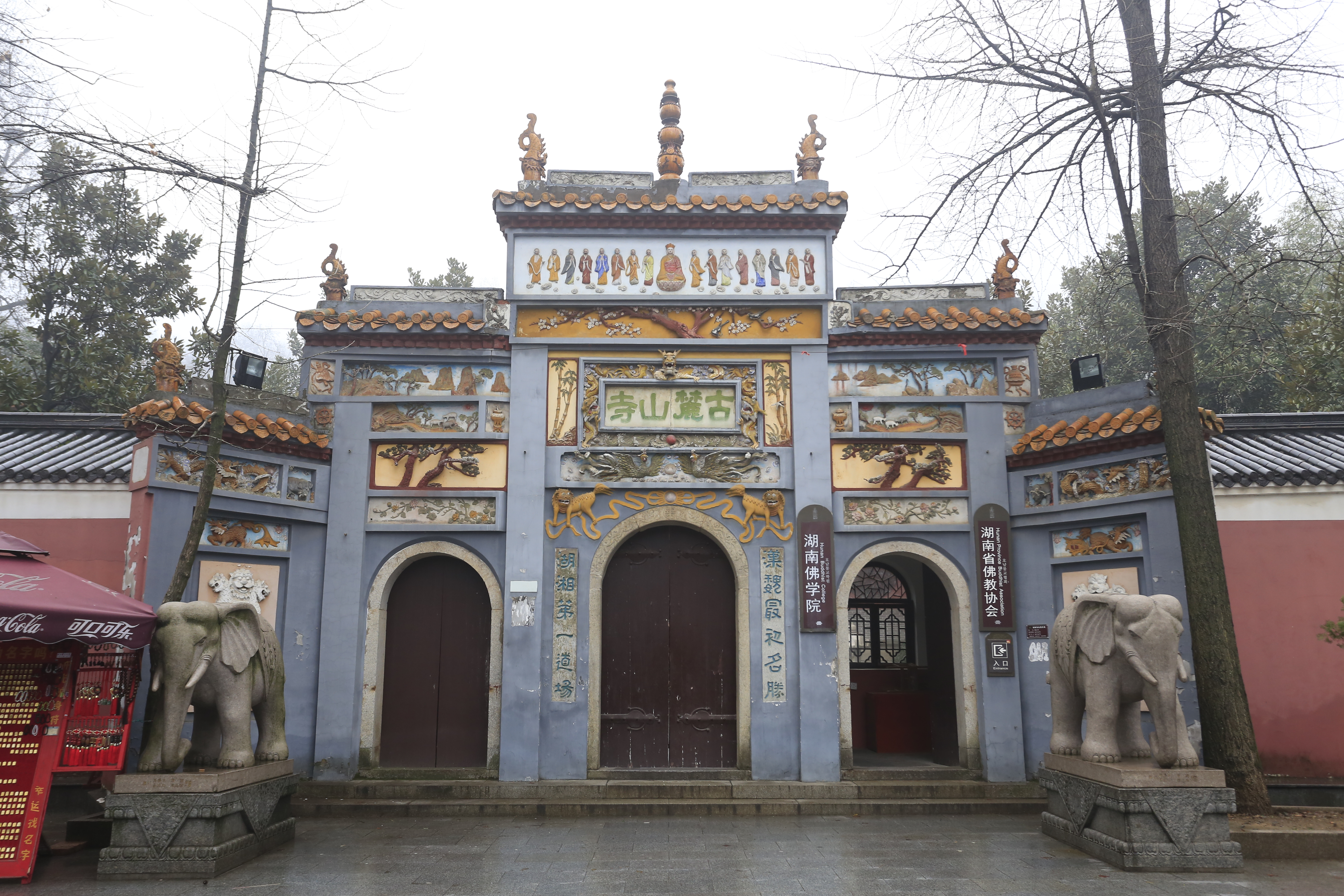|
Tongwadian (Dali)
Tongwadian (), also known as Jinding Temple (), is a Buddhist temple located on Mount Jizu, in Dali Prefecture, Yunnan, China. History The temple was originally built in the Zhengtong period (1436–1449) of the Ming dynasty (1368–1644). Because it located on the top of Mount Jizu, it also known as Gold Summit Temple. During the Second Sino-Japanese War, the Śūraṅgama Pagoda was used as the navigation mark of The Hump. In 1966, Mao Zedong launched the ten-year Cultural Revolution, the temple was completely destroyed in this massive movement, only the main hall and Śūraṅgama Pagoda survived. It was inscribed to the National Key Buddhist Temple in Han Chinese Area List in 1983. A modern restoration of the entire temple complex was carried out in 2000 under the leadership of Shi Weisheng (). Architecture The existing main buildings include the Shanmen, Four Heavenly Kings Hall, Mahavira Hall, Bell tower A bell tower is a tower that contains one or ... [...More Info...] [...Related Items...] OR: [Wikipedia] [Google] [Baidu] |
Buddhism
Buddhism ( , ), also known as Buddha Dharma and Dharmavinaya (), is an Indian religion or philosophical tradition based on teachings attributed to the Buddha. It originated in northern India as a -movement in the 5th century BCE, and gradually spread throughout much of Asia via the Silk Road. It is the world's fourth-largest religion, with over 520 million followers (Buddhists) who comprise seven percent of the global population. The Buddha taught the Middle Way, a path of spiritual development that avoids both extreme asceticism and hedonism. It aims at liberation from clinging and craving to things which are impermanent (), incapable of satisfying ('), and without a lasting essence (), ending the cycle of death and rebirth (). A summary of this path is expressed in the Noble Eightfold Path, a training of the mind with observance of Buddhist ethics and meditation. Other widely observed practices include: monasticism; " taking refuge" in the Buddha, the , and the ; ... [...More Info...] [...Related Items...] OR: [Wikipedia] [Google] [Baidu] |
Shanmen
The Shanmen (), also known as the Gate of Three Liberations, is the most important gate of a Chinese Chan Buddhist temple. Etymology The origins of the name "sanmen" are debated. One theory is that "''Shanmen''" takes its literal meaning of "Mountain Gate", because temples were traditionally built in forested mountain areas where Chan monks could seclude away from secular life. Another suggests that during various episodes of suppression of Buddhism in Chinese history, monks moved their monasteries deep into the mountains, and later built gates at the foot of the mountain to guide pilgrims to the temples. A further theory is that "Shanmen" is a corruption of "Sanmen", or "Three Gates", referring to the "three gateways" to liberations.() in the Dharma - the "Kongmen" (; emptiness liberation), "wuxiangmen" (; no-aspects liberation) and "wuyuanmen" (; desireless liberation). The latter view correlates with the traditional structure of Chan temples which included three gateways, sai ... [...More Info...] [...Related Items...] OR: [Wikipedia] [Google] [Baidu] |
Tourist Attractions In Dali Bai Autonomous Prefecture
Tourism is travel for pleasure or business; also the theory and practice of touring (other), touring, the business of attracting, accommodating, and entertaining tourists, and the business of operating tour (other), tours. The World Tourism Organization defines tourism more generally, in terms which go "beyond the common perception of tourism as being limited to holiday activity only", as people "travelling to and staying in places outside their usual environment for not more than one consecutive year for leisure and not less than 24 hours, business and other purposes". Tourism can be Domestic tourism, domestic (within the traveller's own country) or International tourism, international, and international tourism has both incoming and outgoing implications on a country's balance of payments. Tourism numbers declined as a result of a strong economic slowdown (the late-2000s recession) between the second half of 2008 and the end of 2009, and in consequence of t ... [...More Info...] [...Related Items...] OR: [Wikipedia] [Google] [Baidu] |

